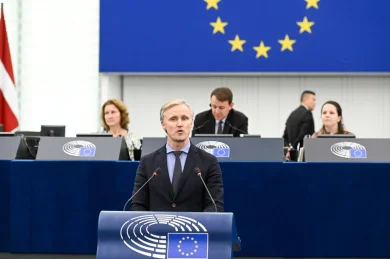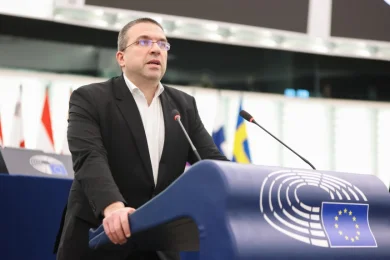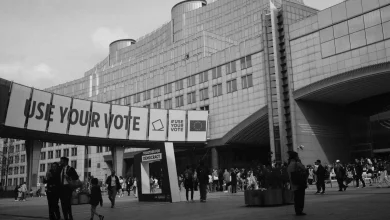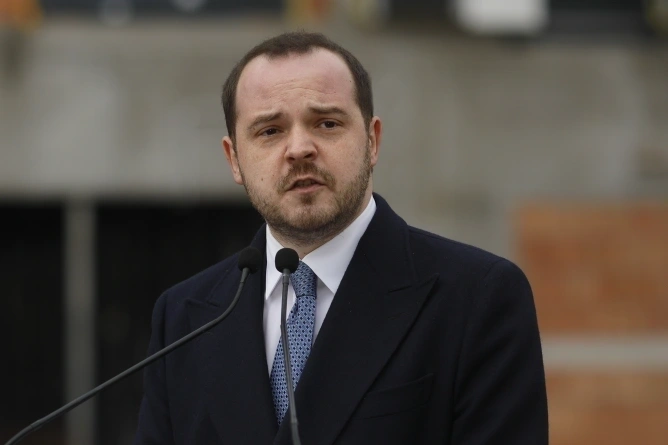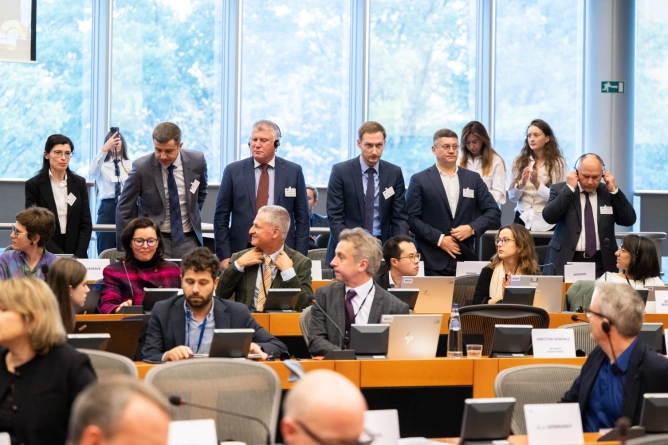
Brussels, November 4, 2025 - The European Parliament wants national parliaments to have a greater influence on the European legislative process. In a report adopted with 17 votes in favor, 13 against, and no abstentions, the MEPs from the Committee on Constitutional Affairs (AFCO) call for clearer and more consistent application of the principles of subsidiarity and proportionality, so that decisions are made "as close to citizens as possible" and for the Union to act only where necessary.
The document proposes extending the current eight-week deadline for subsidiarity control to 12 weeks, giving national parliaments more time to examine the legislative proposals of the Commission. The report also provides for the creation of a "single subsidiarity hub", a digital platform where the opinions of parliaments can be submitted and where the responses of the Commission will be monitored. Other proposals include organizing an annual "European Week", in which MEPs, national and regional parliamentarians, as well as representatives of the Commission can discuss ongoing legislative files directly, and informal quarterly meetings between MEPs and parliamentarians from member states.
MEPs propose introducing a mechanism called the "green card", which would allow national parliaments to have a proactive role, being able to launch joint legislative initiatives at the European level. The mechanism would complement the current yellow and orange card procedures, which only provide a warning role when a Commission proposal is considered contrary to the principle of subsidiarity. The report also suggests exploring the use of artificial intelligence to support legal analysis and rapid comparison of competencies between the national and European levels.
The rapporteur Marieke Ehlers (RE, Netherlands) explained that "the action of the European Union must always respect the principles of subsidiarity and proportionality, ensuring that decisions are made as close to citizens as possible and only where the added value of the European level is real. Less bureaucracy and more democracy means a more legitimate and effective Europe."
The report emphasizes that, although European treaties already enshrine the role of national parliaments in monitoring subsidiarity, current mechanisms are rarely used. Strengthening this control would contribute to increasing transparency and public trust in the European legislative process, especially in a context where citizens demand more democratic accountability from EU institutions.
The report is set to be debated in the plenary session of the European Parliament from November 24-27, 2025, in Strasbourg. MEPs hope that the recommendations will be integrated into the future work of the European Commission, including in the legislative simplification process and in defining the appropriate legal basis for each proposal.
For Romania, the new proposals would strengthen the role of the Romanian Parliament in the European decision-making process, providing it with more time and tools to analyze the compatibility of EU initiatives with national competencies. Additionally, participation in a single subsidiarity hub would facilitate direct communication between Bucharest and Brussels, reducing procedural delays. A "green card" mechanism would allow Romania, along with other national parliaments, to propose joint legislative initiatives in areas of interest, such as energy security or cohesion policy.

